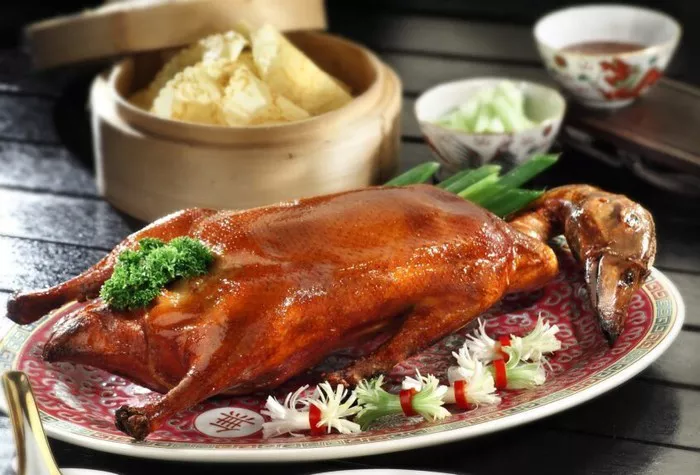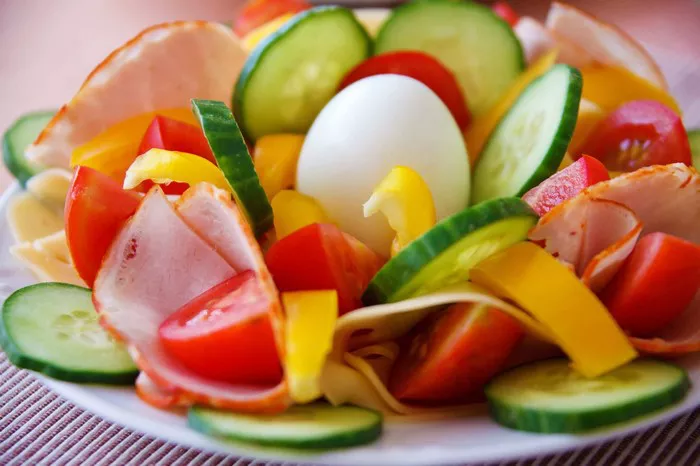The tradition of Jewish people eating Chinese food on Christmas has become an enduring and beloved custom for many in the United States. While it may seem peculiar to outsiders, this practice is rich in historical and cultural significance, reflecting the unique relationship between Jewish and Chinese communities in America. This article delves into the origins of this tradition, the cultural factors that have contributed to its popularity, and the diverse ways in which Jewish families observe Christmas.
A Clear Explanation of the Tradition
Historical Context: The Origins of the Tradition
The tradition of Jewish people eating Chinese food on Christmas dates back to the late 19th and early 20th centuries, a period marked by significant Jewish immigration to the United States, particularly in urban areas like New York City. During this time, Jewish immigrants often lived in close proximity to other immigrant communities, including Chinese immigrants. The intersection of these two cultures laid the groundwork for a culinary tradition that would become a hallmark of Jewish-American life.
For Jewish families, Christmas posed a unique challenge. As a Christian holiday, it held no religious significance for them, yet it was impossible to ignore the widespread celebrations happening around them. On Christmas Day, most businesses, including restaurants, were closed, making it difficult for Jewish families to find places to eat. However, Chinese restaurants, which were typically owned by non-Christian immigrants, remained open. This made Chinese food an accessible and convenient option for Jewish families looking for a meal on Christmas Day.
SEE ASLO: Is Chinese Food Healthy for You?
Cultural Significance: Why Chinese Food?
Chinese food quickly became more than just a convenient option; it developed into a cherished tradition. There are several cultural factors that contributed to this practice. First, the cuisine itself offered something different from the traditional European fare that many Jewish immigrants were accustomed to. The flavors, ingredients, and cooking techniques of Chinese food provided a novel and enjoyable dining experience.
Additionally, Chinese restaurants did not rely heavily on dairy products, which made it easier for observant Jews to keep kosher, even if the restaurant itself was not kosher-certified. This compatibility with dietary restrictions further solidified Chinese food as a preferred choice.
Another important factor is the sense of inclusivity and acceptance that Jewish people found in Chinese restaurants. Unlike other immigrant groups, Chinese restaurateurs did not serve explicitly Christian dishes or decorate their establishments with Christian symbols, which made Jewish patrons feel more comfortable and welcome.
Addressing Common Misconceptions
The Lack of Religious Connection
It’s important to clarify that the tradition of eating Chinese food on Christmas is not rooted in religious doctrine or observance. It is purely a cultural practice that emerged out of circumstance and convenience. There is no religious mandate for Jewish people to eat Chinese food on Christmas; rather, it is a way for Jewish families to partake in a communal experience during a holiday season dominated by Christian traditions.
Debunking Stereotypes
Some misconceptions suggest that this tradition is an act of defiance or a way for Jewish people to distance themselves from Christian customs. However, this is not the case. The practice is not based on any hostility toward Christmas or Christianity. Instead, it reflects a pragmatic and joyful approach to living in a multicultural society. Jewish families found a way to create their own tradition within the context of the broader American holiday season, and Chinese food became a delightful and meaningful part of that tradition.
Other Cultural Traditions
In addition to eating Chinese food, some Jewish families have developed other cultural traditions around Christmas. For example, some may go to the movies, another activity that is popular on Christmas Day since theaters, like Chinese restaurants, are often open when other businesses are closed. Others may take advantage of the quiet day to enjoy outdoor activities, visit museums, or spend time with non-Jewish friends who are also looking for something to do on the holiday.
Stories and Experiences
Anecdotes from Jewish families who observe this tradition highlight its significance. For many, the act of going out for Chinese food on Christmas is about more than just the meal—it’s about creating memories and spending time with loved ones. One family from New York City recalls how the tradition started with their grandparents, who would take them to a local Chinese restaurant every Christmas Day. Today, the family continues this tradition, and it has become a cherished part of their holiday season.
Another story comes from a young couple in Los Angeles who have made it a point to explore different Chinese restaurants each year. For them, the tradition is a way to celebrate their Jewish identity while enjoying a non-traditional holiday experience. The couple appreciates the inclusivity of Chinese restaurants and the fact that the tradition has been passed down through generations.
Conclusion
The tradition of Jewish people eating Chinese food on Christmas is a fascinating example of how cultural practices evolve in response to social and historical circumstances. What began as a simple solution to a practical problem has grown into a beloved and meaningful tradition for many Jewish families. While not all Jewish people observe this custom, it remains a significant part of Jewish-American culture, reflecting the adaptability and creativity of the Jewish community in the face of a predominantly Christian society. As we continue to explore and celebrate cultural diversity, traditions like this one remind us of the rich tapestry of experiences that make up our shared history.
Related Topics:


























